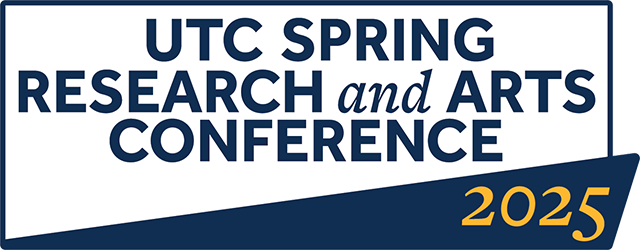Publisher
University of Tennessee at Chattanooga
Place of Publication
Chattanooga (Tenn.)
Abstract
The increasing number of orthopedic surgeries due to various reasons has driven demand for improved implant materials beyond conventional Ti–Ni alloys, which can cause stress shielding and other complications. Magnesium-based implants have gained attention due to their biocompatibility, bone-like mechanical properties, and controllable degradation rates using different approaches. Micro-arc oxidation (MAO) offers an effective means to enhance corrosion resistance by forming a protective ceramic layer, with process parameters significantly influencing degradation behavior. This study presents a machine learning approach to predict the in vitro corrosion performance of MAO-coated magnesium implants, enabling efficient optimization of process parameters and improved implant design.
Document Type
posters
Language
English
Rights
http://rightsstatements.org/vocab/InC/1.0/
License
http://creativecommons.org/licenses/by/4.0/
Recommended Citation
Amin, Abdelrahman; Ibrahim, Hamdy; and Awad, Ibrahim, "Innovative Machine Learning Approach for Predicting the In Vitro MAO Coated Magnesium-Based Substrate". ReSEARCH Dialogues Conference proceedings. https://scholar.utc.edu/research-dialogues/2025/posters/20.
Innovative Machine Learning Approach for Predicting the In Vitro MAO Coated Magnesium-Based Substrate
The increasing number of orthopedic surgeries due to various reasons has driven demand for improved implant materials beyond conventional Ti–Ni alloys, which can cause stress shielding and other complications. Magnesium-based implants have gained attention due to their biocompatibility, bone-like mechanical properties, and controllable degradation rates using different approaches. Micro-arc oxidation (MAO) offers an effective means to enhance corrosion resistance by forming a protective ceramic layer, with process parameters significantly influencing degradation behavior. This study presents a machine learning approach to predict the in vitro corrosion performance of MAO-coated magnesium implants, enabling efficient optimization of process parameters and improved implant design.


